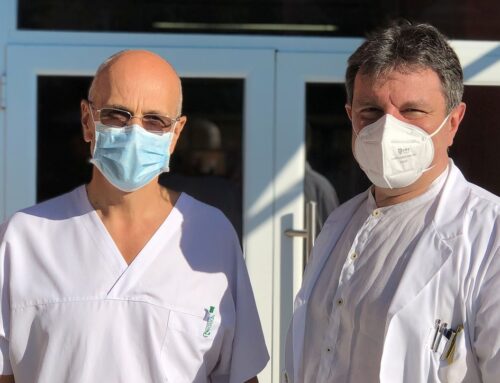A wrongful death is defined as a death caused by the wrongful action, default or negligence of another person. In contrast, a medical wrongful death is a death caused by medical malpractice. In both cases, there are requirements which must be met in order to be able to legally file a claim.
Medical Wrongful Death Facts
If a patient dies as a result of medical negligence, including incompetent behavior or neglect, medical wrongful death may have occurred. Several characteristics have to be present in order for a representative of the estate to sue for compensatory damages.
1. The medical professional failed to provide the state-appointed standard of care. It is considered reasonable for patients to expect the established standards of care, and to have recourse if those standards are not met.
2. The death was directly caused by the negligence. In some cases, you may be able to prove the doctor behaved with negligence, but you cannot directly tie those actions with the death. In this case, they cannot be held liable for a medical wrongful death. Suspicion that something was not done correctly does not necessarily indicate negligence. Provable injury must have had occurred, and it must have been caused by a provable negligent act.
3. In some cases, negligence may proven if the patient (or a legal proxy) was not given the opportunity to provide informed consent. The estate may be awarded compensatory and punitive damages if a death occurred and consent was not given.
Who Can File on Behalf of the Deceased?
Of course, no amount of money can ever bring a loved one back. However, the death of a patient may cause more than emotional grief – in some cases, it causes severe financial hardship for the family left behind. This is most often the case when the decedent was the primary provider in the family. Those left behind are losing their immediate source of income, as well as the income and financial stability that person was likely to provide throughout their lifetime.
Under Florida law, the survivors of the deceased are permitted to file a wrongful death claim. However, the individuals do not sue; instead, the named representative of the estate sues on behalf of all eligible surviving family members. These family members may include:
- Spouses and children: The state of Florida permits the spouse and children of the deceased to file a wrongful death action. This includes adopted children as well. A spouse can expect compensation for lost economic support, loss of companionship, and for mental pain and suffering. A child under the age of 25 can recover for loss of parental guidance and companionship, and pain and suffering.
- Parents of the deceased: If the decedent was not married or did not have children who would make a claim, the parents of the decedent can likely recover damages in a medical wrongful death claim. If the decedent was under 25, parents can recover for pain and suffering.
- Other blood relatives who were dependent (in whole or in part) on the deceased: If a relative relied on the deceased for services or financial support, they have the right to sue under Florida law for lost services and financial support.
Further, the family or estate is allowed to sue the negligent party for medical expenses, pain and suffering, funeral expenses, and loss of future earnings.
If you suspect the death of a family member was the result of medical malpractice, call the Sarasota offices of Probinsky & Cole as soon as possible. If your case has merit, we will help you to gather the documents and evidence you will need in order to proceed. Although your personal loss cannot be recovered, you should not have to suffer financial difficulty because of another’s negligence.








